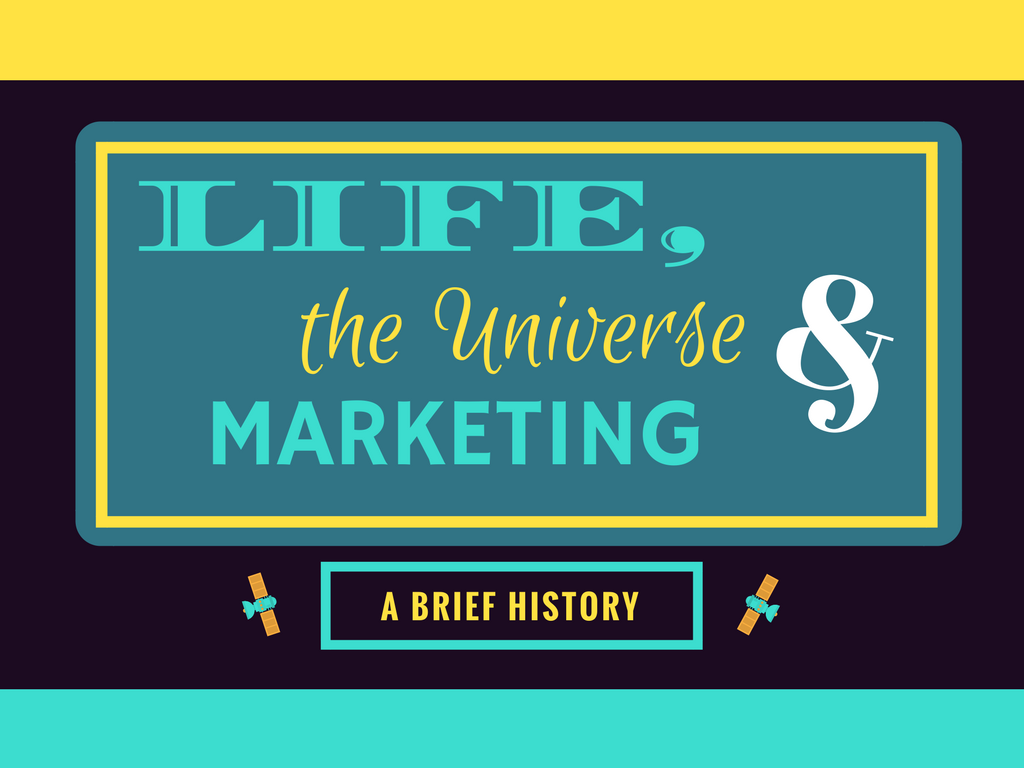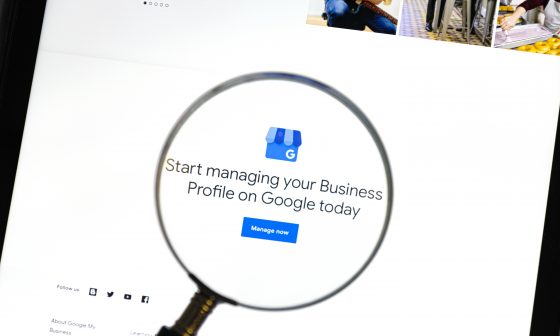Between the years 2003 and 2006, social networking sites like Facebook, LinkedIn, and Twitter were just taking their first steps on the internet. During this time, the oldest millennials weren’t even in their 30s yet. The millennials were the first generation to grow up experiencing the internet as part of their daily lives.
As social media sites began to rise into fame, millennials made up the vast majority of users growing up with them—a fact that is especially true for Facebook, which started out being only available to Harvard’s millennial students in 2004.
While we assume that everyone from baby boomers to Gen Z-ers uses social media, we tend to forget that millennials should take priority when it comes to creating our social media strategy. If we were to consider social media as a kingdom, millennials are sitting on the throne. Meanwhile, baby boomers are there as advisors to pass on wisdom, while Gen Z-ers are their heirs.
Not quite in agreement with me for saying this? Consider these reasons:
1) Millennials grew up mastering the platform.
Millennials are the generation most likely to be early adopters of technology, so it’s safe to assume that they would make up the majority of a platform’s early users. This means that as social media evolves, more millennials are evolving with them compared to other generations.
Unlike previous generations, millennials are more likely to have a social media account and actively use it, which leads to more savvy usage habits and integration with their daily lives.
But it might surprise you to learn that Gen X, not millennials, spend the most time on social media.
Generation X (ages 35-49): almost 7 hours per week
Millennials: just over 6 hours per week
However, millennials and older Gen Z-ers are more likely to be part of the digital population on social media:
| Social Media Usage by Age | |||||
| 18-29 | 88% | 59% | 36% | 34% | 36% |
| 30-49 | 79% | 31% | 32% | 31% | 22% |
| 50-64 | 61% | 13% | 24% | 21% | 18% |
| 65+ | 36% | 5% | 9% | 11% | 6% |
Millennials aren’t just present and active on social media, they’re evolving along with various platforms over time. This can be attributed to the fact that they’re getting older, rising privacy issues, or changing attitudes towards social media in general. Whatever the case, 86% of them say that they’ve changed how they use social media in some way compared to the past.
2) Millennials are the leading generation.
Gen Z-ers also have a strong online presence, but they haven’t been around for as long as millennials. They’re learning how to use social media by taking cues from millennial users populating the internet. While Gen Z might be the heir of social media, millennials are still the ones sitting on the throne and calling the shots.
The nature of millennials being slightly older than Gen Z (larger population with disposable incomes) means that they have more purchasing power. Generally, more purchasing power leads to a stronger ability to shape the market and drive the evolution of marketing communications.
Millennials, when compared to their elder counterparts, are said to be highly trusting of user-generated content, which is essentially what social media is. They’re also happier than older generations to be actively participating with and contributing to social media communities. When it comes to marketing and influencing purchase decisions, this makes social media a goldmine for brands to reach millennial audiences.
3) Millennials will impact your brand’s social presence.
Companies put a lot of effort into implementing social media into their marketing strategy, but sometimes, we stumble across marketers expressing their frustration over how they can’t reach millennials because they don’t understand what millennials do on social media.
We could get stats showing that users love videos or are more likely to engage with content that features graphics, but what do millennials really use social media for? Well, for the most part, they’re online to get information about the world, current events, and their friends.
According to research conducted by IDG, these are the percentages of millennials who turn to social media for:
- News: 75%
- Travel: 59%
- Food: 62%
There’s no cookie cutter way in regard to how they use social media. For millennials, social media sites are used in a variety of ways and for different purposes. For example:
- Facebook – To connect primarily with friends, but also to stay in touch with family and interact with potential employers.
- Twitter – To keep up with special interest like entertainment, sports, news, brands, etc.
- Instagram – To share photos/videos of experiences and interests with friends.
- LinkedIn – To serve as a primary social portal for professional branding and development.
That being said, we all know millennials aren’t just using social media to socialize. They’re also using it to research and voice their opinions on brands and products. Add to this the millennial generation’s high propensity to influence and be influenced by social media and you’ve got yourself a compelling reason to prioritize millennials as the audience you’re trying to please.
Bottom line, if you’re not keeping the millennial generation happy, they can be your worst enemy. On the other hand, if you’re effectively catering your social media efforts to positively engage millennials, they can become your biggest brand advocates.
What does this mean for brands?
Just as social media continues to change and develop, its users are also going through a constant evolution, which is the tricky thing about social media royalty. What they’re doing today might completely different from what they decide to do tomorrow.
So if you’re a B2B or B2C company trying to break into the market with social media, you’d best be keeping track of what your audience is doing on the various social platforms. To help get you started, here are my top tips for engaging millennials on social media:
- More visual content – Think images, videos, memes, interactive content, emojis, etc. There’s a reason why Instagram and Snapchat are doing so well. Millennials love awesome visuals.

- Less text – We all think our time is important, millennials especially. That’s why they appreciate content that can be consumed more quickly and easily.
- Utilize influencer marketing – When it comes to reaching new relevant audiences, the power of influencers is absolutely unrivaled. Influencers can help you get your foot in the door and get your content to the right places.
- Honesty is key – Younger generations hold transparency in high regard, so make sure your content is reliable, straightforward, and unbiased.
- Build a sense of community – Millennials want to feel like they’re a part of something bigger. A strong community is great for credibility and creating a competitive advantage for your brand.

- Have a personality – Adopt a brand personality that supports your objectives. Be funny, be controversial, be pragmatic, be sarcastic. Be anything but dull and generic.
- Think mobile content – Being the top generation of smartphone users, millennials usually won’t put up with content that’s not mobile optimized. Don’t disappoint them.

- Show a genuine interest in education – Millennials value educational content, so rather than blow your own horn, try creating valuable how-to articles (like this one for carpet cleaners) to build your brand awareness.
- Provide a seamless experience – Millennial shoppers demand a seamless, integrated experience regardless of the channel. Make sure you’re delivering a consistent, personalized experience for each individual customer, at every single touchpoint.
Keep in mind that these tips aren’t necessarily “evergreen”. I can’t stress enough on the fact that what works now might not be as relevant in the future. As a matter of fact, recent studies have shown that millennials are actually decreasing their usage of specific social media platforms. This goes to show the importance of keeping up with your audience. Who knows what the future holds?
Don’t fret, though. If you want to make full use of social media, all you have to do is connect with millennials and understand that it’s all about communication. You don’t necessarily need social media to reach millennials, but you do need millennials if you want to succeed in social media.
So, what’s YOUR brand doing to engage its millennial audience?


